If you’re going to have surgery, it’s good to be prepared. You should find out about what your surgery will involve, your medicines, what you need to do before the surgery, how to get to and from the hospital, and your recovery and care when you go home after the surgery.
We talk to anaesthetist registrar, Dr. Chad Abbot, about the things you should be aware of before surgery to help you prepare.
CONFIRM WHAT KIND OF SEDATION YOU’LL BE HAVING
The choice of the anaesthetic you receive is generally left up to your anaesthetist’s discretion, the decision made in accordance to the surgery you are having, your medical history, and how fit and well you are at baseline.
Larger procedures will often require you to be fully sedated with a general anaesthetic in order for the surgeon to achieve the best result.
Smaller procedures can often be performed with a light anaesthetic, usually enough to just make you unaware of what is happening but not completely asleep, as well as being pain free.
This may be a combination of a light sedative and a local anaesthetic – “local” meaning it is injected to the area where the procedure is being performed, rather than the entire body.
General anaesthetics require larger doses of anaesthetic medicine, and therefore carry a greater inherent risk of side effects. It is therefore thought to be better to use a local anaesthetic where possible, for procedures that do not require a full anaesthetic.
As you can imagine, having a general anaesthetic will typically require longer periods of recovery following – you may need to stay in hospital overnight. Most often you will be able to go home quite soon after having a procedure under just local anaesthetic.
TELL YOUR DOCTOR ALL THE MEDICATIONS YOU ARE TAKING.
Having a full list of medications available to your doctor is incredibly important. Many medications will increase surgical risk dramatically if not stopped at the time of surgery, or may interact with anaesthetic medications negatively.
Anticoagulation or blood-thinning medications must be flagged with your doctor at least a week prior, many surgeons will not operate if these medications are still in the system.
If you are diabetic it is crucial to have a plan for your blood sugars prior to your surgery as you will be fasting for at least that morning. It is also important not to simply stop taking your regular medications prior to your operation.
You should only stop taking medications on instruction of your doctor, drugs for controlling your epilepsy, for your heart and lungs, should all be continued unless directed otherwise.
Many are unaware that natural supplements will commonly interact with medications used during surgery. In particular, Chinese herbal medicines, St Johns wort, even fish oils are supplements your doctor will want to know about prior to your operation.
In general, it is safest to mention anything and everything you are taking regularly or will be taking around the time of the procedure.
ASK YOUR DOCTOR HOW LONG YOU’LL BE EXPECTED TO STAY IN HOSPITAL
Every patient’s surgical journey is different, from the surgical pain they experience post-operatively to their recovery time. It is therefore difficult to give an exact duration of a hospital admission from the outset.
Doctors are able to however estimate how long it may be until a patient is fit to manage their rehabilitation at home. Variables include the complexity of their surgery, the average recovery time for the surgery undergone, how fit and well the patient is at baseline, and how set up you may be at home (e.g. do you have stairs, kids to care for).
YOUR RECOVERY EXPECTATIONS
Talk through your recovery expectations with your doctor before the surgery so you can plan to solve problems in advance.
The type of surgery you’ve had and which part of your body has been operated on will have direct consequence as to how you will recover and how long it will take.
Some surgeries require periods of rest of up to two weeks in the immediate post-operative period (e.g. removal of gallbladder), some demand immediate weight-bearing to improve recovery (e.g. hip replacement). Generally, evidence shows recovery following orthopaedic surgery favours early mobilisation, and your doctors and physiotherapists will encourage you to get moving from the first day following your operation.
If the surgery is more complex, or your medical history is more complex, it may be that your medical team will want to take things slower.
Consider your recovery before you have surgery, so you can be well prepared with any rehabilitation equipment, mobility adjustments (eg ramps, rails) and pain relief if necessary.
BodyICE Recovery ice and heat packs are perfect for post surgery recovery and a useful way to be prepared to help manage pain, swelling and discomfort.
Our BodyICE Recovery packs are especially designed to be non slip and non leak, so you can use them even during rehabilitation exercises. Shop now https://bodyice.com/collections/bodyice-recovery





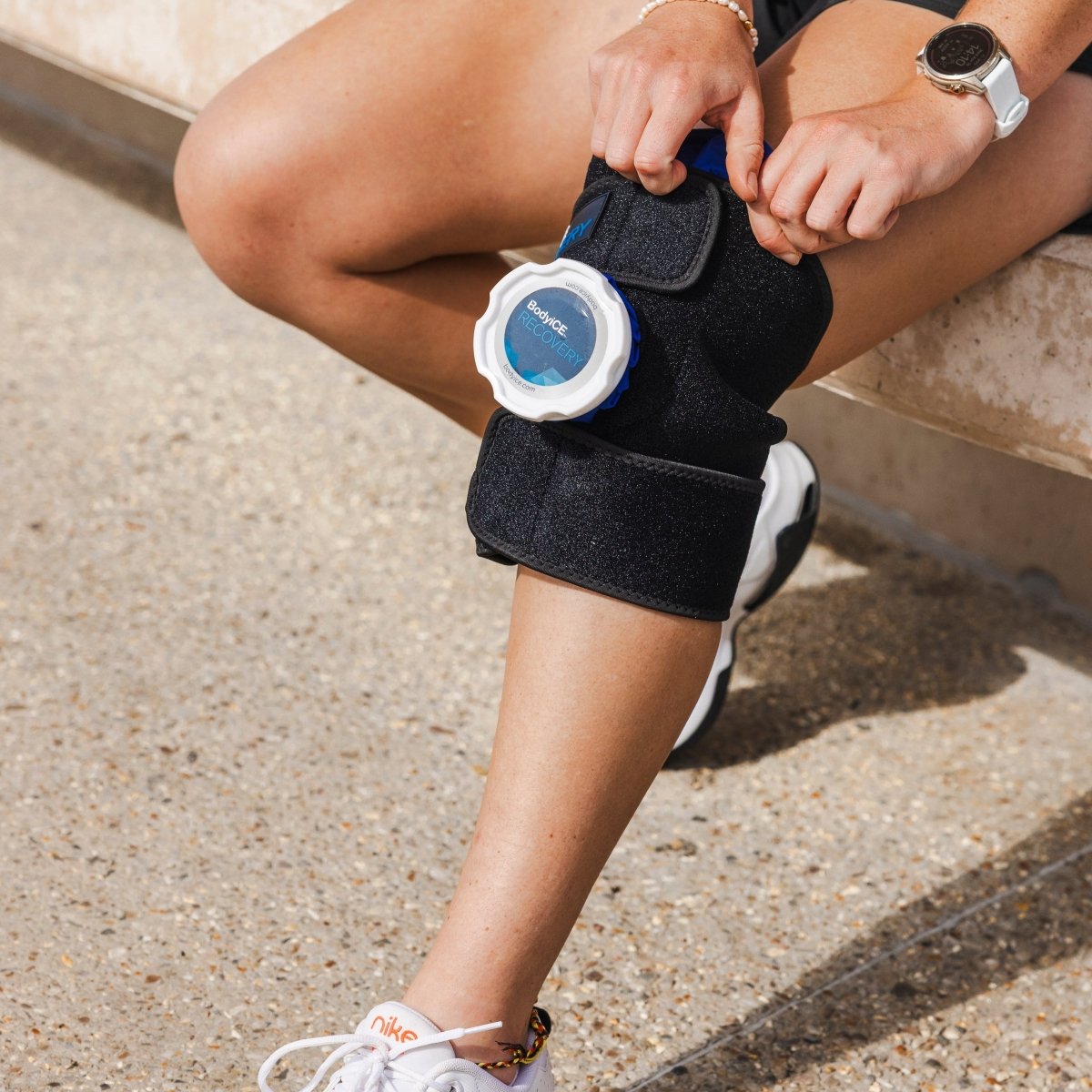





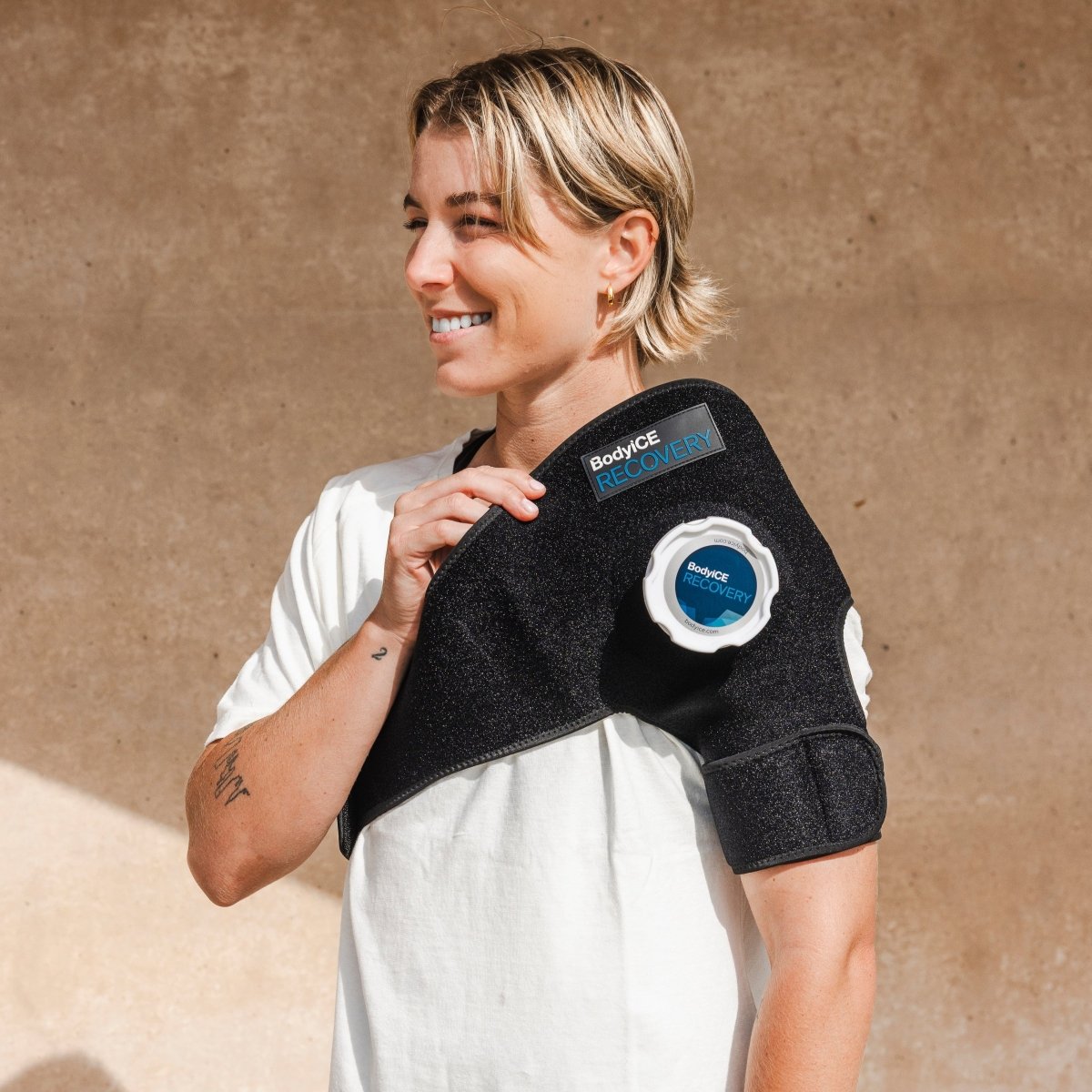




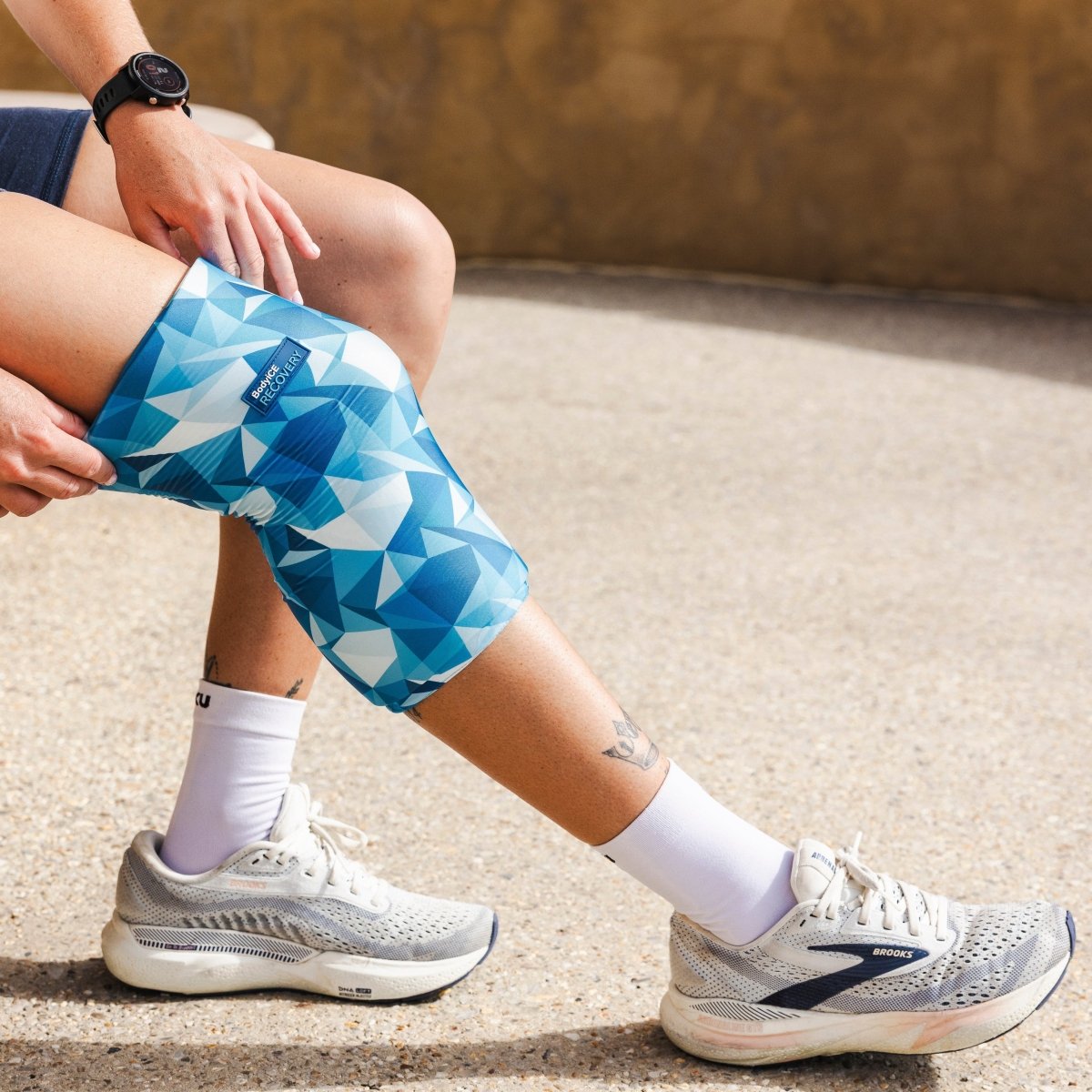

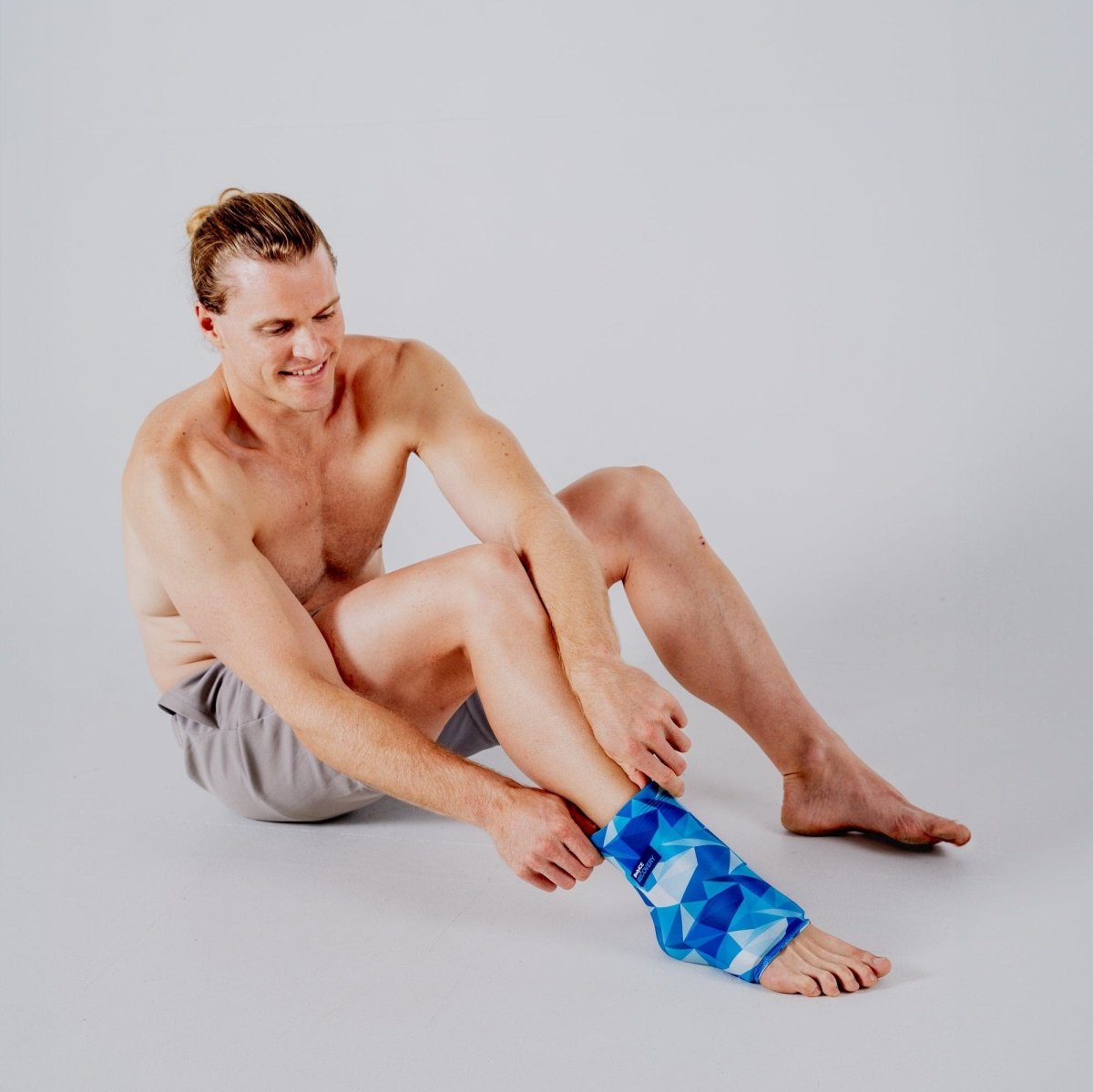
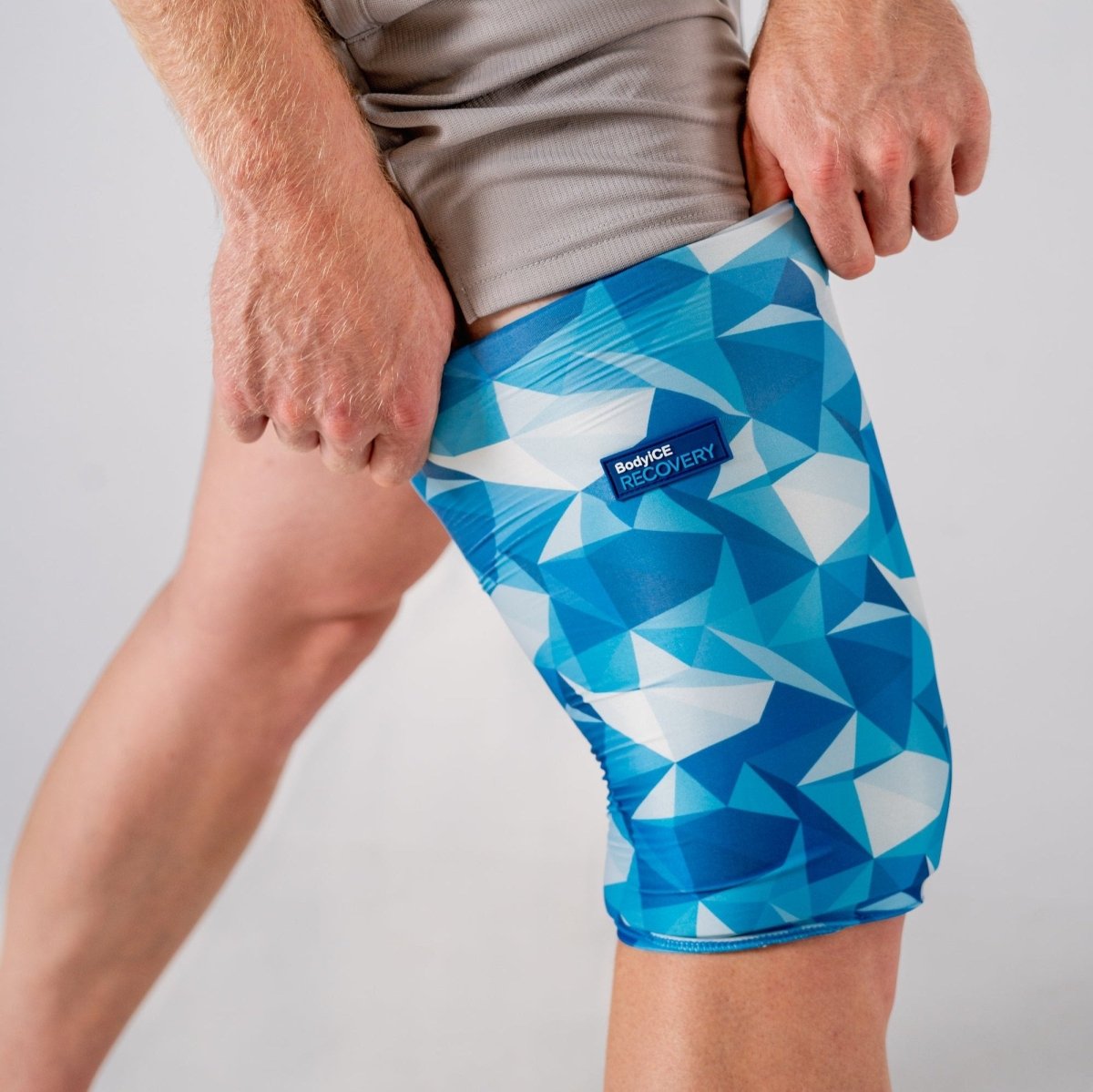

Leave a comment
All comments are moderated before being published.
This site is protected by hCaptcha and the hCaptcha Privacy Policy and Terms of Service apply.